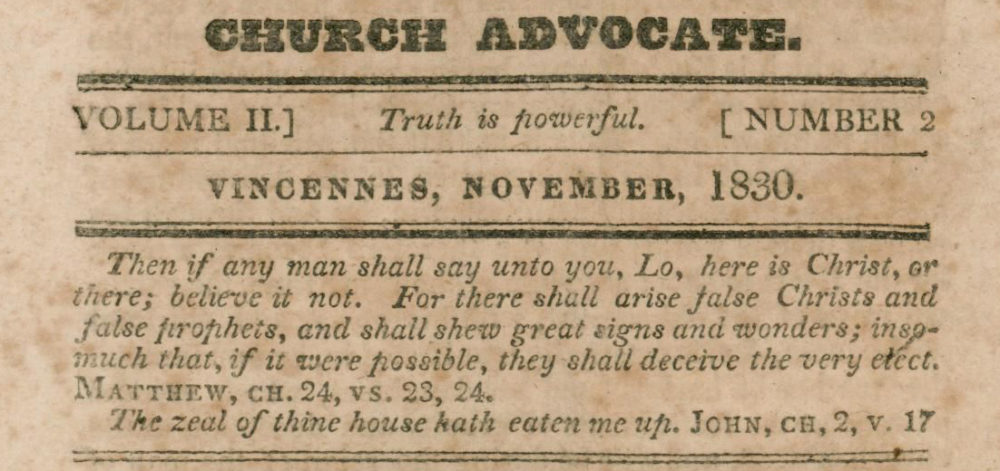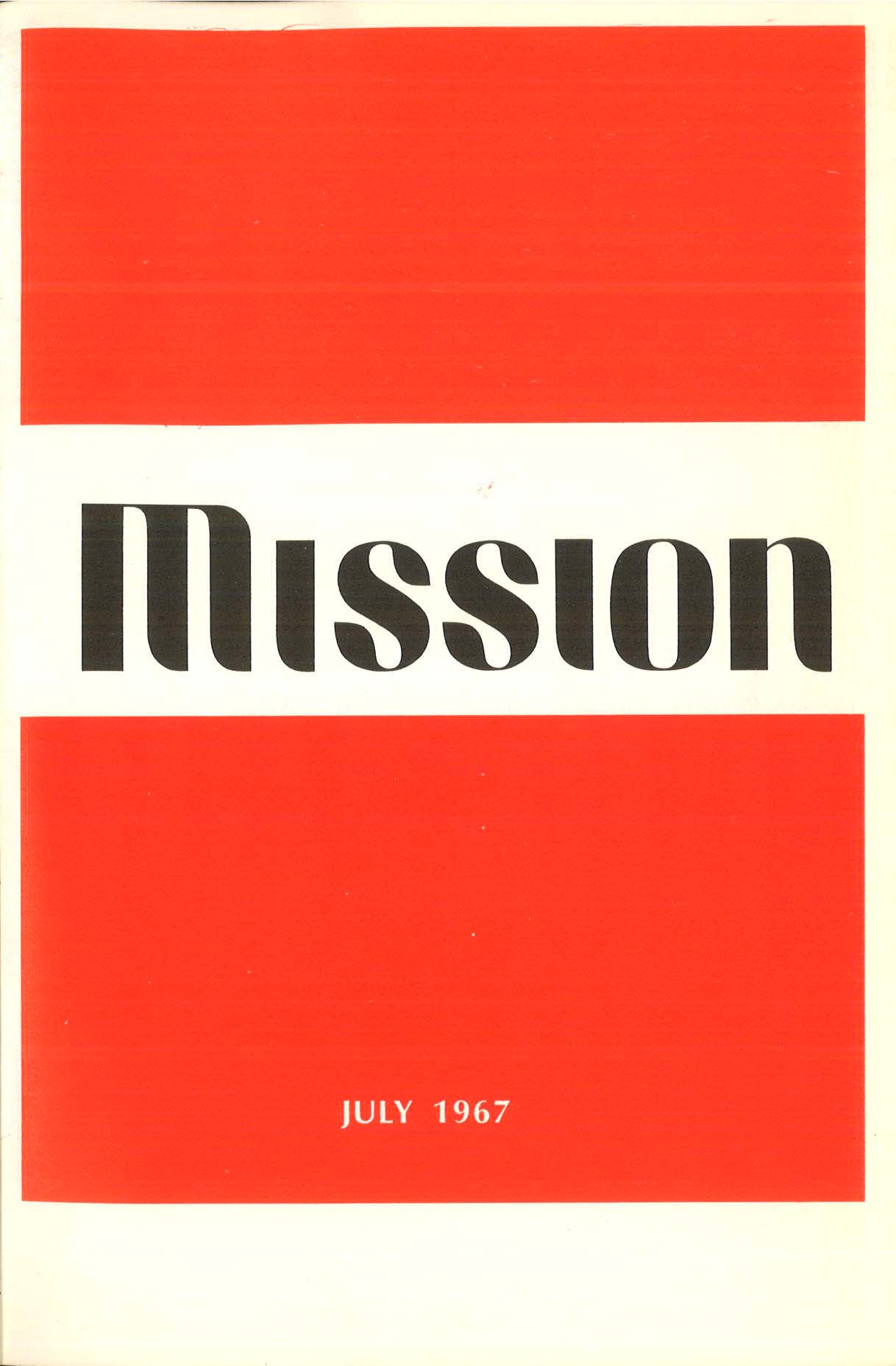Brady Cox is a graduate student who is completing an MA in church history. He has worked in Special Collections since January 2016. He joins us today to talk about a collection he recently processed.
We have recently organized and completed a finding aid for the William Douglass & Charline F. Gunselman Papers. This collection represents the activities of the Gunselman family while they served as missionaries in Manila, Philippines (1964-1972). This collection includes Gunselman’s correspondence with American churches and financial supporters, Filipino church leaders, and other missionaries in the Philippines and Southeast Asia (1962-1972). There are meeting minutes, financial information, and student records from the Philippine Bible College in Quezon City (1965-1972). The collection additionally includes surveys, research, and edited drafts of materials for Gunselman’s Ed.D. dissertation, “Status of the Ten Evangelical Bible Colleges in the Philippines with a Proposed Program for their Improvement,” which he received from Manuel L. Quezon University (1971).
Before becoming a missionary, William Douglass Gunselman taught in Florida and Pennsylvania and worked with churches in Arkansas, Florida, Maryland, New Mexico, North Carolina, and Pennsylvania. While in the Philippines, Gunselman was instrumental in leading the educational efforts of the Churches of Christ in Manila. He started the Philippine Bible College of Quezon City and served as its director from 1965-1971. The school sought to train Filipino preachers and church leaders. The Gunselman’s efforts to train Filipino preachers occurred during the peak of postwar missionary activity among Churches of Christ. While their efforts with the school were not particularly unique among other Churches of Christ missionary endeavors, this collection provides archival evidence of a phenomenon (i.e., the creation and use of schools to train ministers) that occurred among Churches of Christ missionary efforts which has been noted, but has not been thoroughly researched.

Student leading singing while Gunselman (right) observes. William Douglass & Charline F. Gunselman Papers, 1942-2009, MS #389, Box 6, Folder 21, Center for Restoration Studies, Abilene Christian University.
There are also materials related to the Churches of Christ in Florida from when the Gunselmans lived in Florida before moving to the Philippines. Gunselman was involved with the Central Florida Bible Camp and he worked at the Christian Home and Bible School (Mount Dora, Florida). He compiled information for and produced a directory of the Churches of Christ in Florida in 1962. The directory includes a list of churches and a list of preachers, and this master copy includes Gunselman’s notes. The Gunselmans received much of their financial support from churches in Florida (including Concord Street Church of Christ and Sanford Church of Christ), and Gunselman often corresponded with friends and church leaders in Florida. Therefore, there is a significant amount of correspondence with church leaders in Florida.
This collection provides unique insight into Churches of Christ mission work in the Philippines following World War II, offers Filipino perspectives and voices through letters sent to Gunselman by church leaders and students, and includes research concerning Protestant Bible colleges in the Philippines. The Florida materials are intriguing as well, and provide a look into the context of the Florida churches during the 1960s and early 1970s.
For more information, please contact Special Collections Librarian and Archivist, Mac Ice, at mac.ice@acu.edu.


